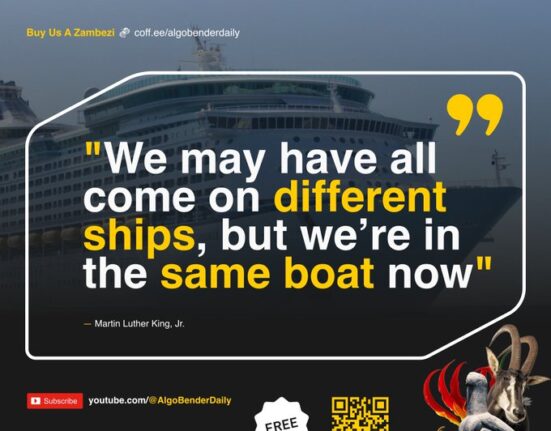Picture this: a bustling city where the streets are alive at all hours, businesses thriving day and night, and a vibrant economy that never sleeps. This vision of a 24-hour economy is not just a concept but a potential reality that Ghana could aspire to. However, recent doubts raised by Kofi Bentil, Vice President of policy think tank IMANI Africa, have cast a shadow of uncertainty over this ambitious plan proposed by President John Mahama.
In a world where globalization and technological advancements are reshaping traditional economic models, the idea of a 24-hour economy has gained traction as a way to boost productivity, create more jobs, and enhance overall economic growth. President Mahama’s vision for Ghana to embrace this model holds promises of a dynamic and competitive economy that can keep pace with the demands of the modern world.
However, Kofi Bentil’s cautionary words serve as a reality check, highlighting the challenges and obstacles that Ghana may face in realizing this ambitious goal. Bentil’s skepticism stems from a critical analysis of past governance trends, indicating that achieving even 30% of the targets set by President Mahama could prove to be a daunting task if significant reforms and improvements are not implemented.
As the Vice President of IMANI Africa, a leading policy think tank known for its rigorous analysis and advocacy for good governance, Bentil’s insights carry weight and credibility. His expertise in assessing government policies and initiatives adds a layer of depth to the discussion on Ghana’s economic trajectory and the feasibility of ambitious plans like the 24-hour economy.
“It is essential to move beyond rhetoric and address the systemic issues that have hindered Ghana’s progress in the past. Without concrete actions and reforms, the 24-hour economy may remain a distant dream,”
warns Bentil, emphasizing the need for practical steps and sustainable strategies to bridge the gap between vision and reality.
The implications of Bentil’s warnings extend beyond the specific case of the 24-hour economy, shedding light on broader challenges faced by developing nations striving for economic growth and development. The importance of effective governance, transparent policies, and accountable leadership emerges as key pillars in realizing ambitious economic agendas and ensuring sustainable progress.
In a rapidly changing global landscape where competition is fierce and opportunities abound, Ghana stands at a crossroads, tasked with navigating complex economic terrain while balancing ambitious goals with practical realities. The insights provided by experts like Kofi Bentil serve as valuable guideposts, steering the national conversation towards critical issues of governance, accountability, and effective policy implementation.
As Ghana charts its course towards a more prosperous and inclusive future, the words of caution from voices like Bentil’s serve as a reminder of the challenges that lie ahead and the urgent need for proactive measures to overcome them. The journey towards a 24-hour economy may be fraught with obstacles, but with strategic planning, political will, and citizen engagement, Ghana can inch closer towards realizing its full economic potential and paving the way for sustainable growth and prosperity.









Leave feedback about this